The automotive world is changing fast, but not all changes are welcome. Some classic car features are disappearing, and frankly, we’re not ready to let them go. Here’s a look at five beloved car features that are vanishing.
1. Manual Transmissions

Image Credit: Shutterstock / Chatham172
Remember the thrill of shifting gears yourself? The raw connection between man and machine? Manual transmissions are becoming a rare breed, with automatics taking over. Manufacturers like BMW and Ford are phasing out stick shifts, and soon, that satisfying click-clack of gear changes will be a thing of the past.
2. Physical Buttons and Knobs
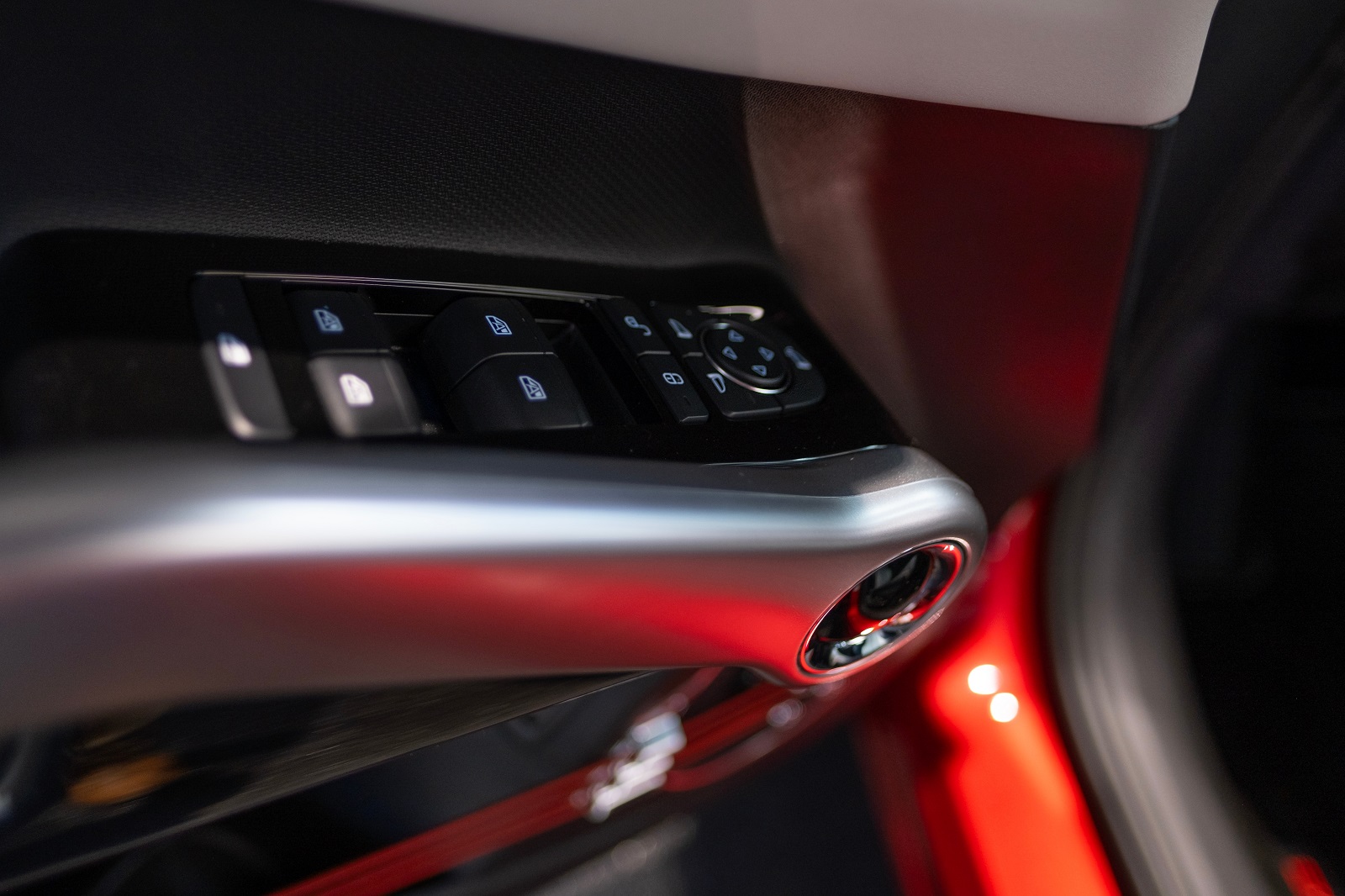
Image Credit: Shutterstock / Kittyfly
Ever tried to adjust the volume or AC on a touchscreen while driving? It’s a nightmare. Physical buttons and knobs, like those found in older models from Toyota and Honda, are being replaced by sleek but distracting touchscreens. We miss the tactile feedback and ease of use that came with real buttons.
3. Full-Size Spare Tires
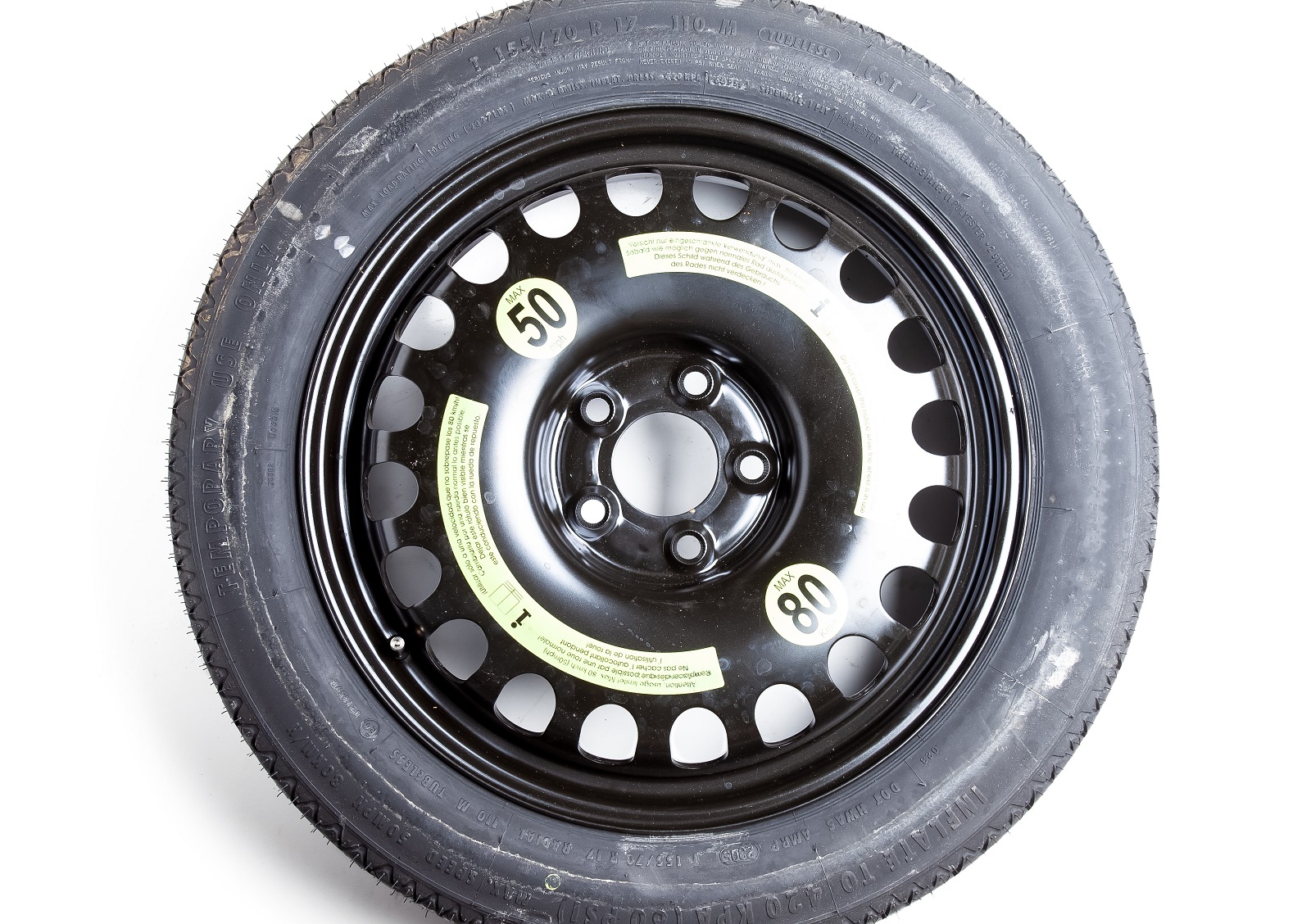
Image Credit: Shutterstock / Aleksandr Kondratov
A full-size spare tire used to be standard. Now, many cars come with compact spares or even just a tire repair kit. Brands like Chevrolet and Hyundai have shifted to space-saving measures, but nothing beats the peace of mind that comes with a full-size spare in the trunk.
4. Pop-Up Headlights
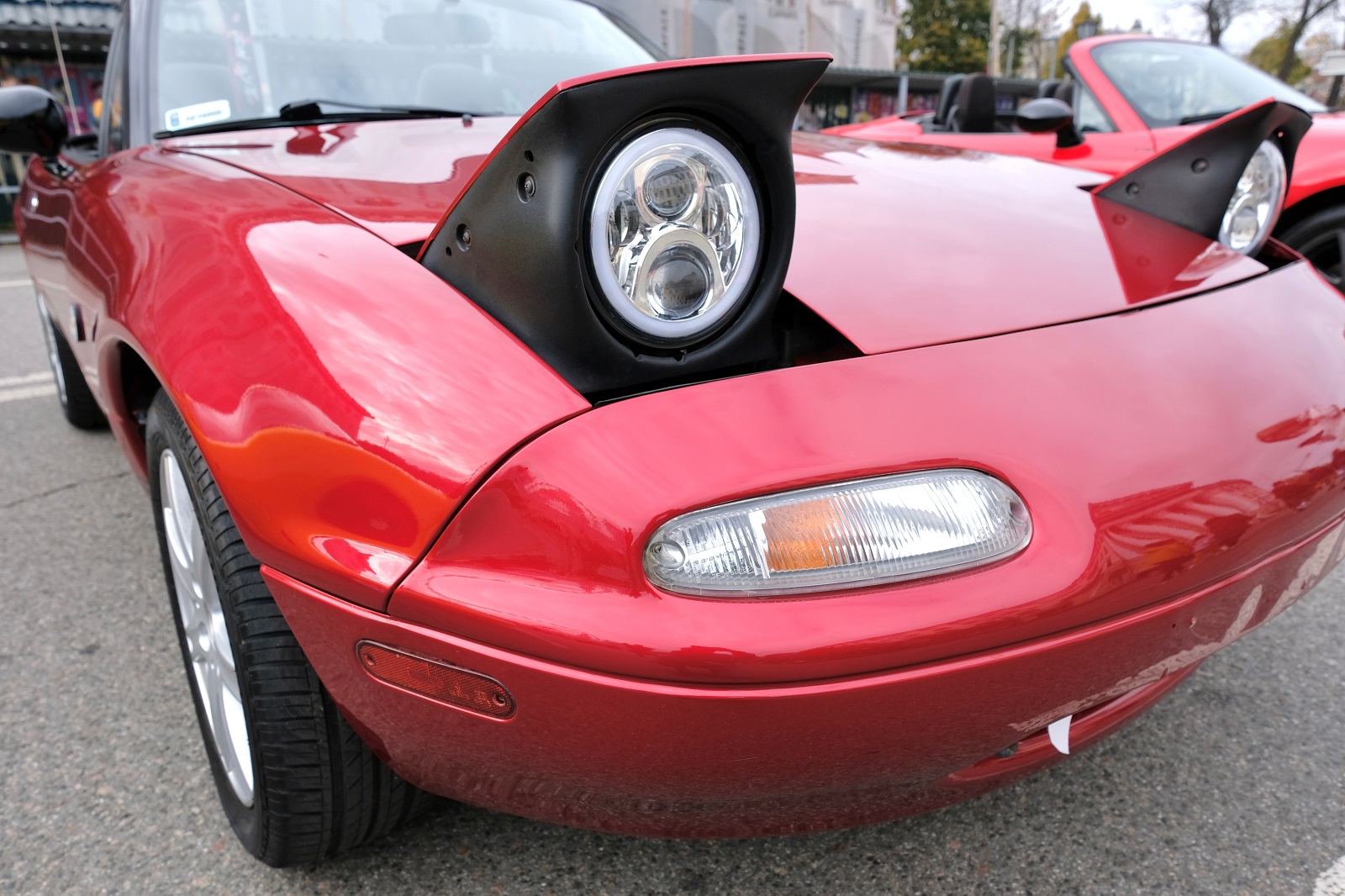
Image Credit: Shutterstock / Doroznik
Pop-up headlights were an iconic design feature, adding character and a touch of fun to cars. Classics from Mazda (like the MX-5 Miata) and Pontiac (like the Firebird) sported these distinctive lights. Sadly, due to safety regulations and aerodynamic designs, pop-up headlights have disappeared, taking a bit of automotive personality with them.
5. Cassette and CD Players
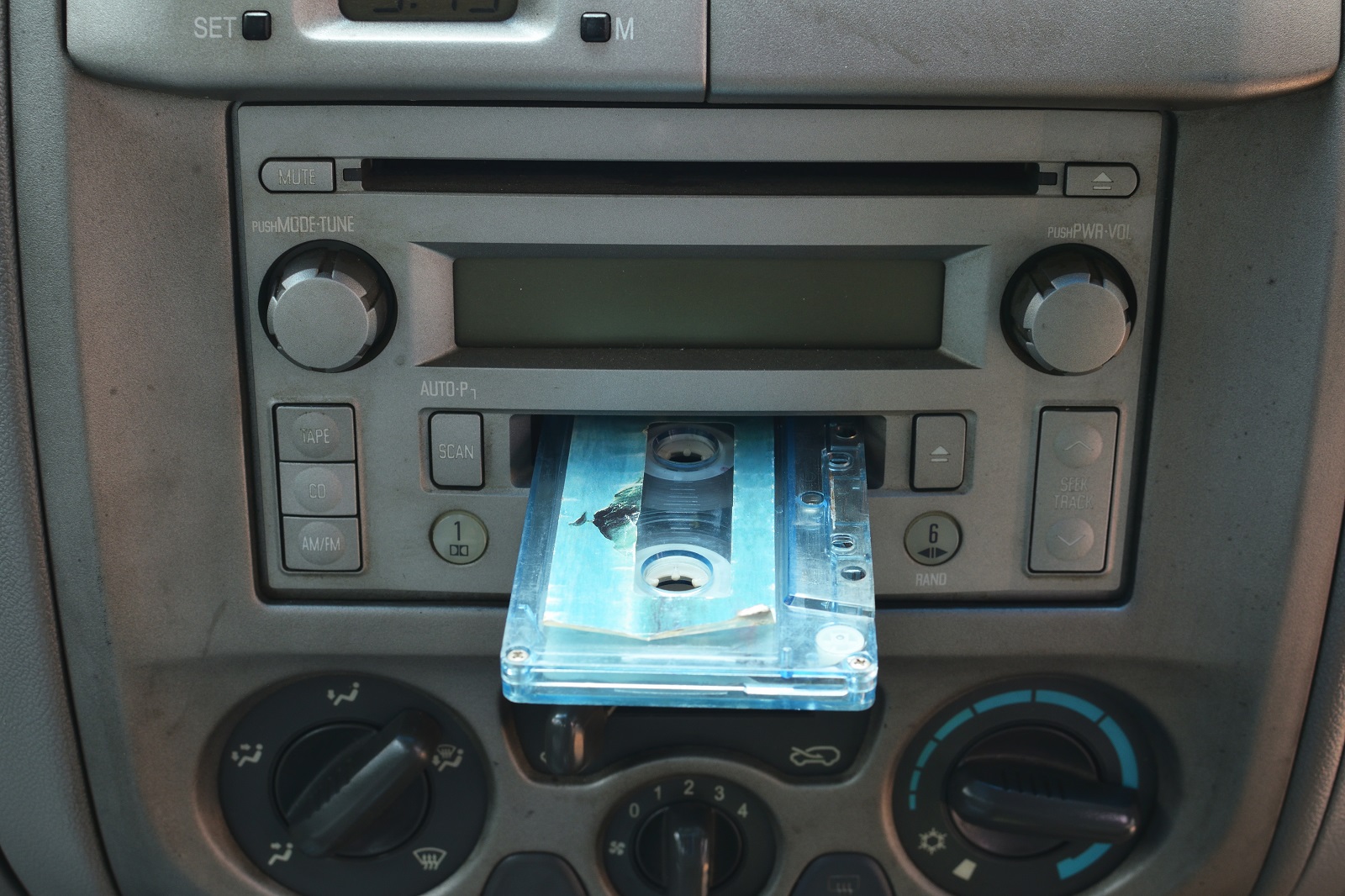
Image Credit: Shutterstock / Mr.Sompong Kantotong
Sure, digital music is convenient, but there was something special about popping in a cassette or CD. Cars from the ’80s and ’90s, like those from Toyota and Nissan, often had these players as standard features. They’re now obsolete, replaced by streaming services, but we miss the simplicity and nostalgia of physical media.
Driving Down Memory Lane

Image Credit: Shutterstock / Prostock-studio
These vanishing features remind us of a time when driving was more about the experience than just getting from point A to B. While technology marches on, it’s hard not to feel a pang of nostalgia for these beloved car features. Here’s to hoping that some things can make a comeback, or at least live on in our memories and classic car collections.
Police Magnet: 7 Cars That Guarantee You’ll Get Pulled Over

Image Credit: Shutterstock / sirtravelalot
Driving certain cars can make you more noticeable to law enforcement, even if you’re abiding by all the rules. Are you driving one of these “police magnets”? Here are seven cars that seem to attract more police attention than others. Police Magnet: 7 Cars That Guarantee You’ll Get Pulled Over
The Classic Cars That Were Total Clunkers
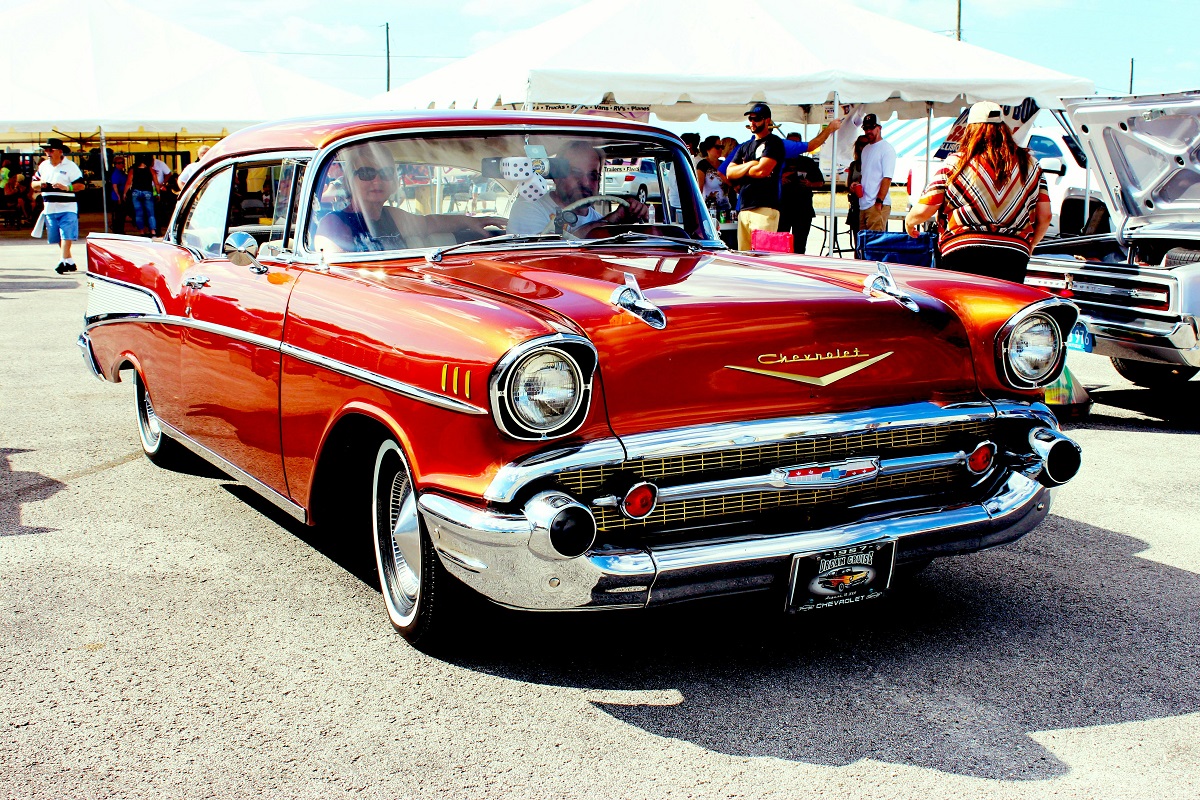
Image Credit: Pexels / Pixabay
Nostalgia has a funny way of making the past seem better than it was, especially when it comes to cars. But here’s the hard truth: some of those “classic” cars your dad raves about were real clunkers. Here’s a closer look at why some of those so-called “classics” weren’t all they were cracked up to be. The Classic Cars That Were Total Clunkers
The Worst U.S. Cars Ever Made: A Retro List
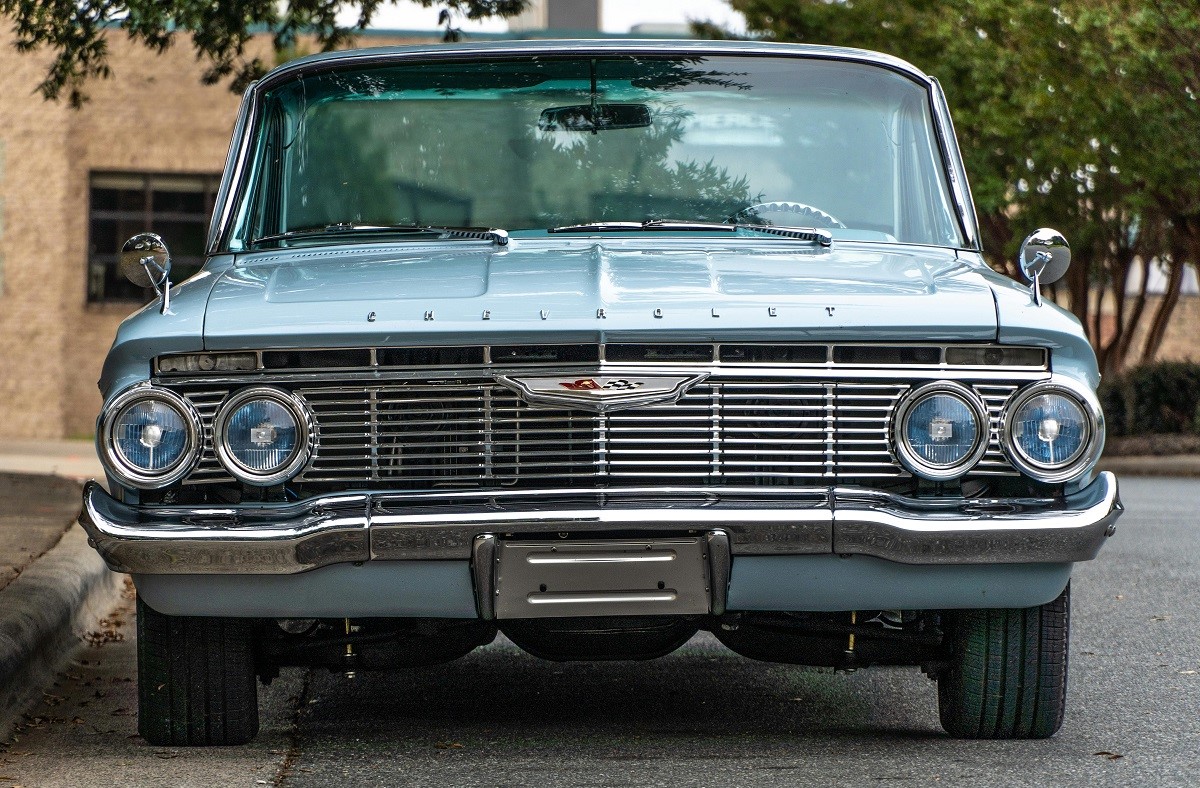
Image Credit: Pexels / Be The Observer
The U.S. auto industry has produced some incredible vehicles, but not every model was a hit. Here’s a look back at 16 of the worst cars ever made in the U.S., each infamous for its own unique flaws. The Worst U.S. Cars Ever Made: A Retro List
Featured Image Credit: Shutterstock / Tereshchenko Dmitry.
For transparency, this content was partly developed with AI assistance and carefully curated by an experienced editor to be informative and ensure accuracy.
The images used are for illustrative purposes only and may not represent the actual people or places mentioned in the article.



